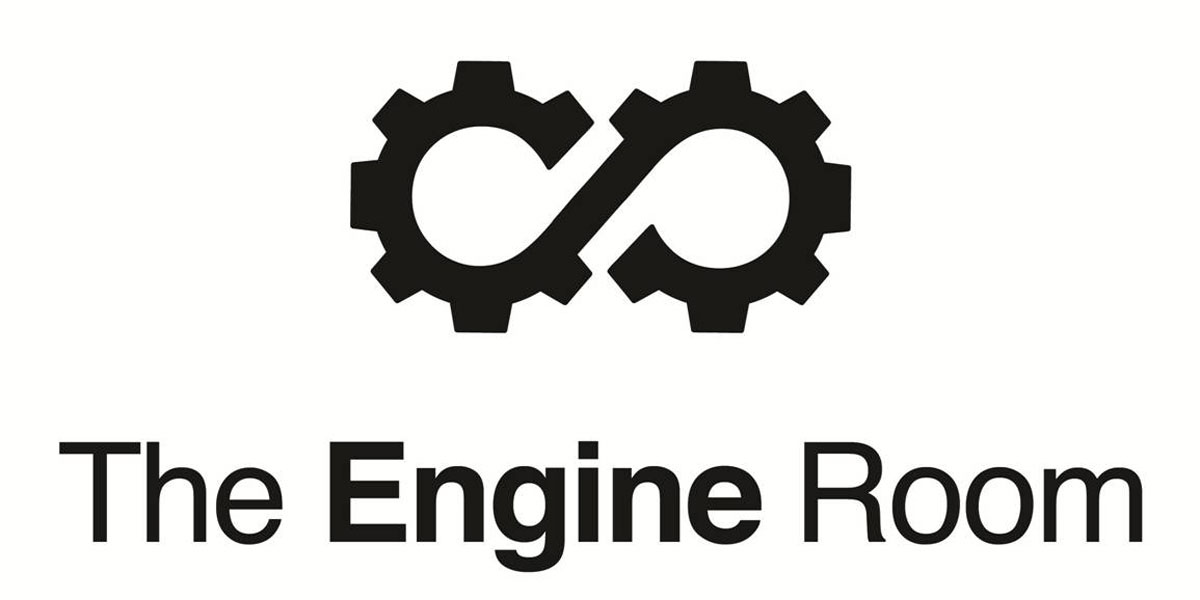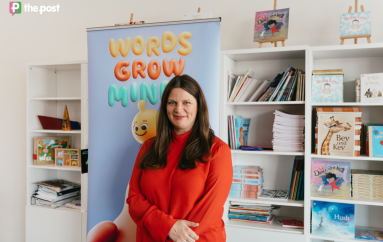Smart company gets work flowing to SA

Simon White from Waternish Constructions.
Waternish Constructions is establishing a niche in the national water infrastructure industry that is creating spin-off benefits for others in South Australia.
All design and assembly work for a $5.2 million membrane de-aeration system it recently installed as part of the giant Santos Gladstone Liquefied Natural Gas (GLNP) project in Queensland was carried out at the company’s Lonsdale factory, using materials and contractors sourced locally.
It’s an approach managing director Simon White has used to win contracts across the country and, just as importantly, to get the company’s name towards the top of the tender list along with some of the bigger names in the water, oil and gas, and resources sectors.
Santos GLNG will produce natural gas from coal seams in central Queensland and convert it into liquefied natural gas. The de-aeration system is an important part of the water treatment process that strips oxygen from treated water, allowing it to be injected into local aquifers.
“We’ve been fortunate to have done some smaller jobs for Santos in Queensland as part of their existing operations but this was a really big win for us against some strong international competition,” White said. “Essentially we started with a blank sheet of paper and took it from the concept and design stage right through to construction.”
Waternish took a similar path in developing the Perth-based National Centre of Excellence in Desalination, in partnership with Murdoch University.
“The CEO had an idea of what he wanted, but we helped him define it, put the ideas on paper and made it happen,” White said. “We did the retrofit of the buildings, put in the tank farm and established dosing, reticulation and control systems.”
Again the work was won by tender and, where possible, everything was managed and pre-assembled in Adelaide, by Waternish’s 30-strong team.
The company has both expanded and contracted in recent years, before finding the optimal size and business mix to make it an increasingly important player in its market.
Soon after White took over the reins in 2007, following the death of his uncle, things went gangbusters. Lots of big infrastructure projects were happening, opportunities came from everywhere, and Waternish grabbed everything it had the skills to do. It did good work, but that wasn’t necessarily good business.
“Turnover is not an indication of how well a firm is going,” White said. “It doesn’t count for anything; it’s all about the bottom line, as well as creating a sustainable business and fulfilling work environment for our people.”
Rapid growth did provide some good reference projects, however, and allowed the company to expand from a narrow civil engineering base servicing municipal clients into the design and construction of water-related infrastructure in the industrial, mining, and oil and gas sectors. It developed a diverse project portfolio, with clients of the calibre of Origin and Veolia.
To get the bottom line right, it defined its niche not just in terms of the nature of its work but also the size of projects in which it could meet both quality and cost expectations. Today it can even deliver projects in Tasmania more efficiently than local competition.
“Interstate we usually concentrate our efforts in regional centres and rural areas,” White said. “Our philosophy is about equalising costs with competitors, so if we are doing a job in Rockhampton or Townsville or Bundaberg or further inland, we know there are no local companies that are doing that work.
“Most companies are mobilising out of major centres. The cost difference of mobilising to Rockhampton from Adelaide rather than Brisbane is negligible.”
It’s overstating things to suggest White was destined to run Waternish, but as a student he spent a lot of time helping out after school and during his holidays, and when it came to selecting a university course his parents made it clear they put engineering ahead of his suggested law.
He has no regrets about giving into the gentle prodding, however, and at 32 is recognised as one a new breed of business leaders looking to make their mark from an Adelaide base and establish South Australia’s reputation as more than just a cheap place to manufacture.
He is also one of the inaugural members of The Engine Room, a networking and development concept established as a catalyst to help local businesses reach their potential, and receive some recognition at home.
“It’s a great initiative and a fantastic opportunity to talk with like-minded people who see the opportunity in South Australia,” he said.
And for those who are wondering, “Waternish” is a German word that roughly translates to “valley of river meadows”. It was the name of a dairy farm in Victor Harbor that White’s grandfather bought from a German couple.
“His son, my uncle, was sentimental and chose it for his company when he set it up,” he said.
This is the second article in a special Engine Room series in InDaily which will feature some of the “undiscovered gems” of SA business.
The Engine Room is dedicated to championing the growth of South Australian companies – for more information go to www.theengroom.com.au.





